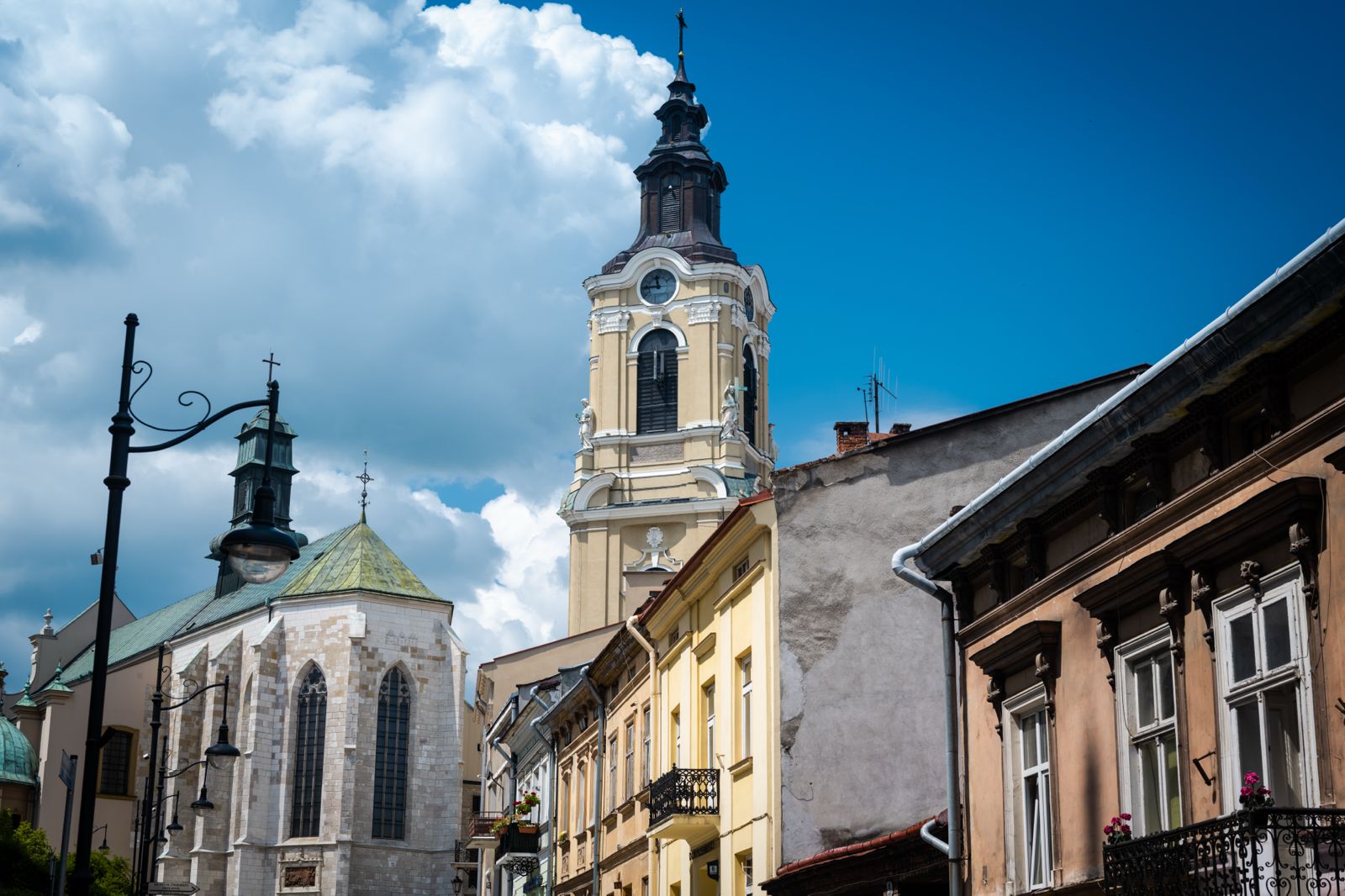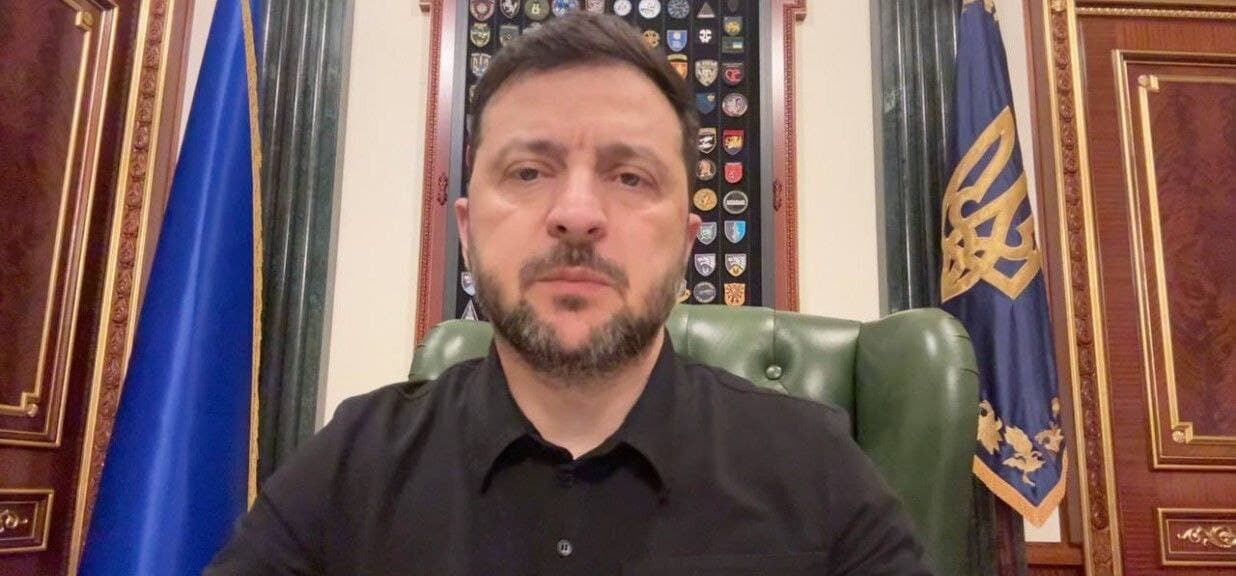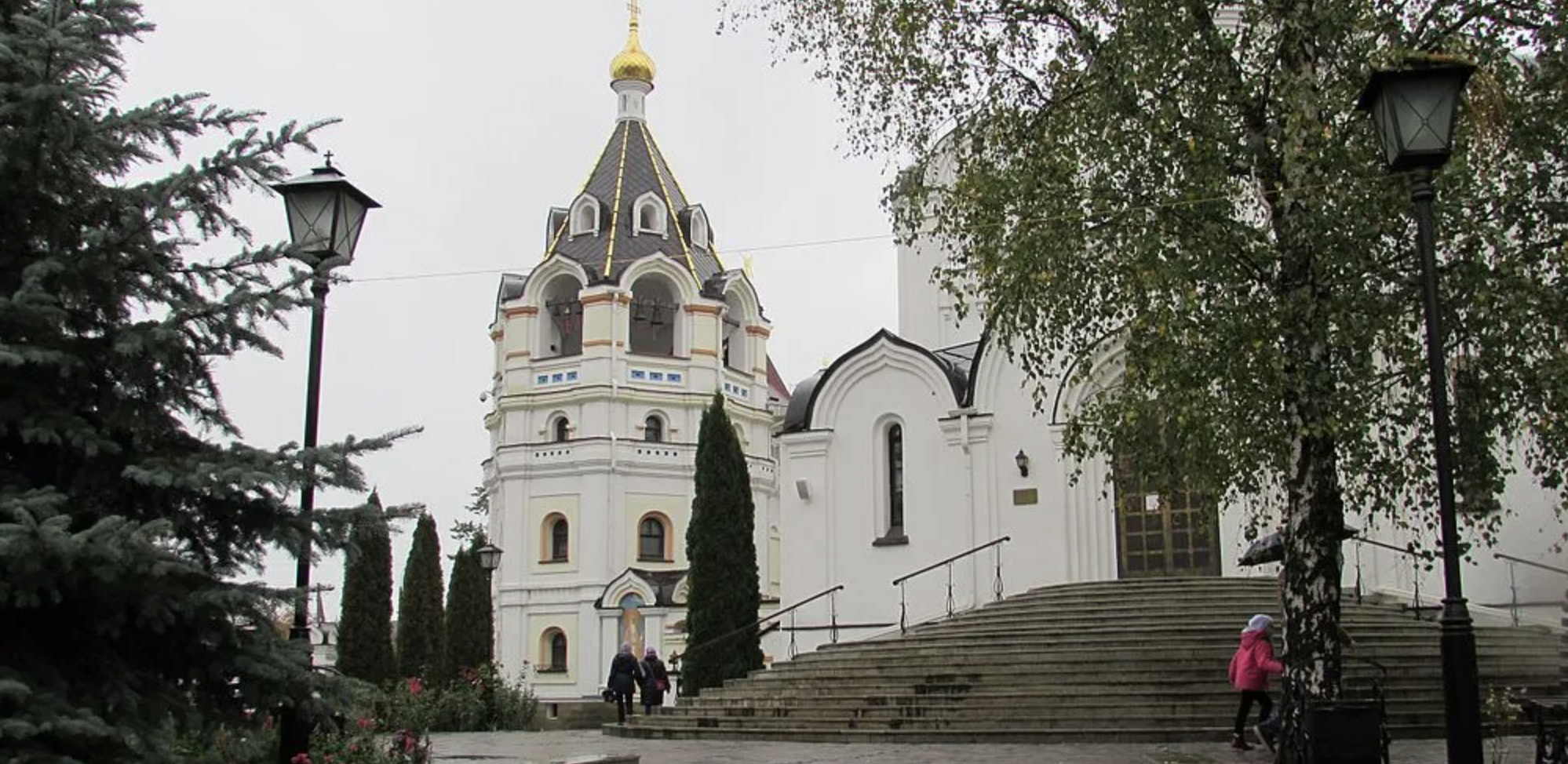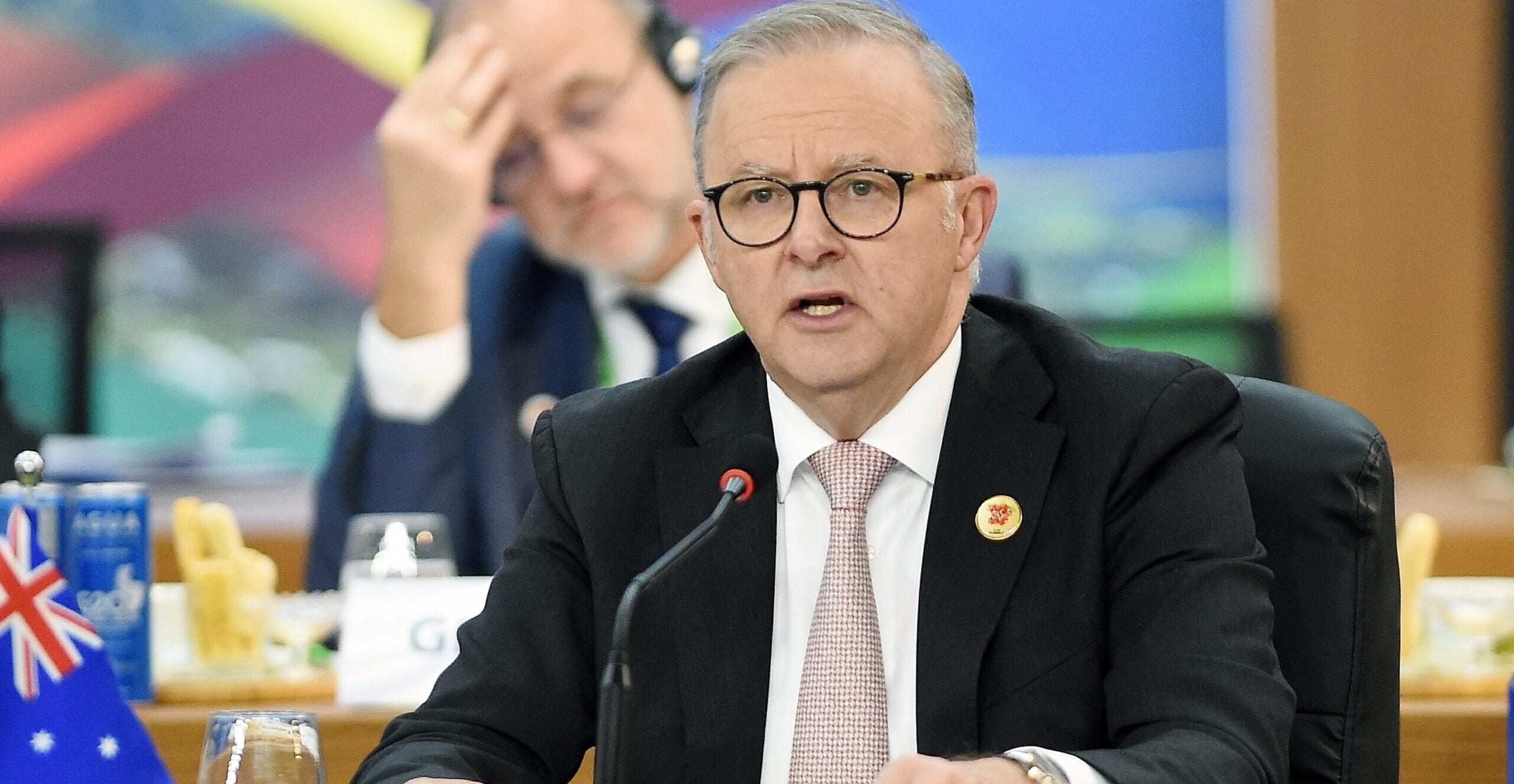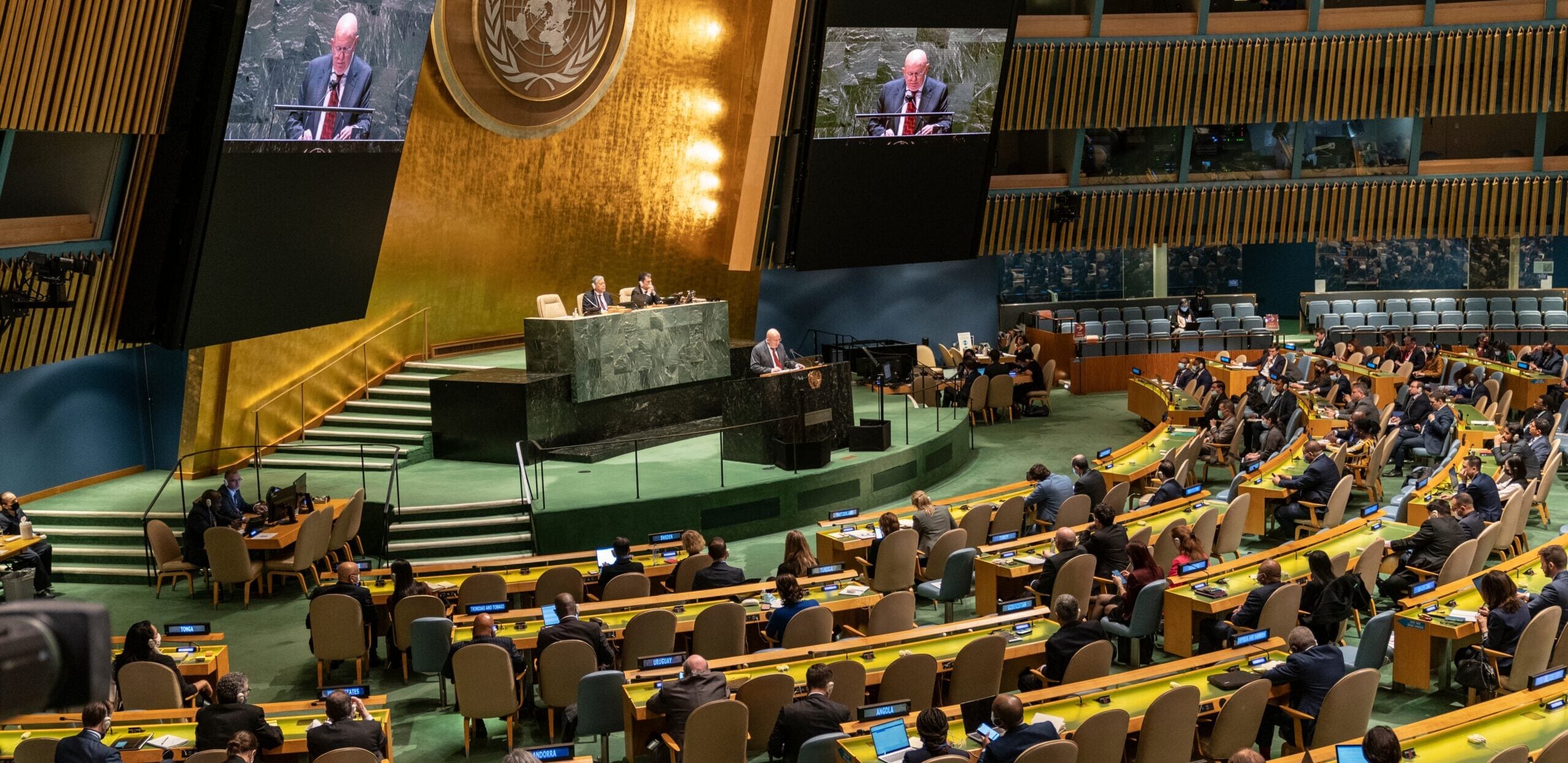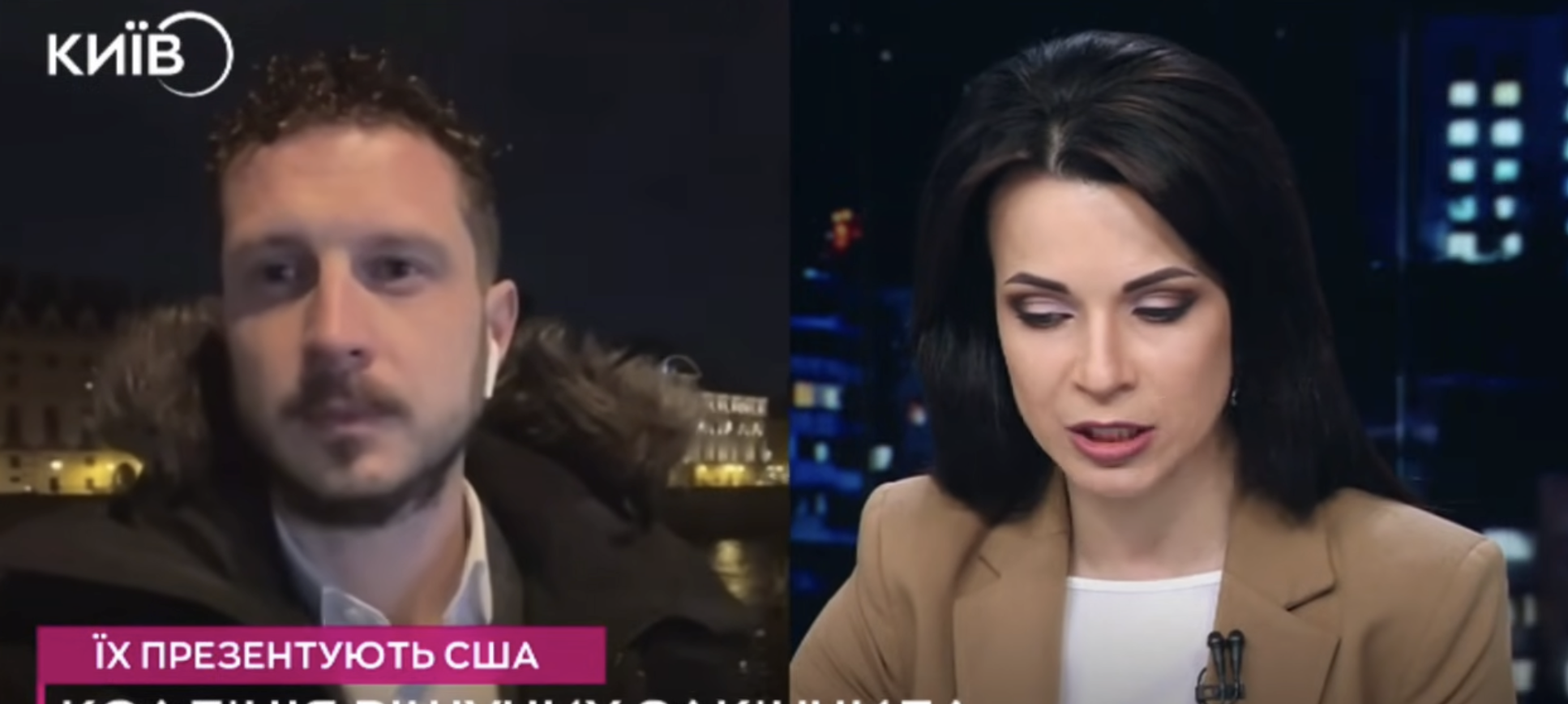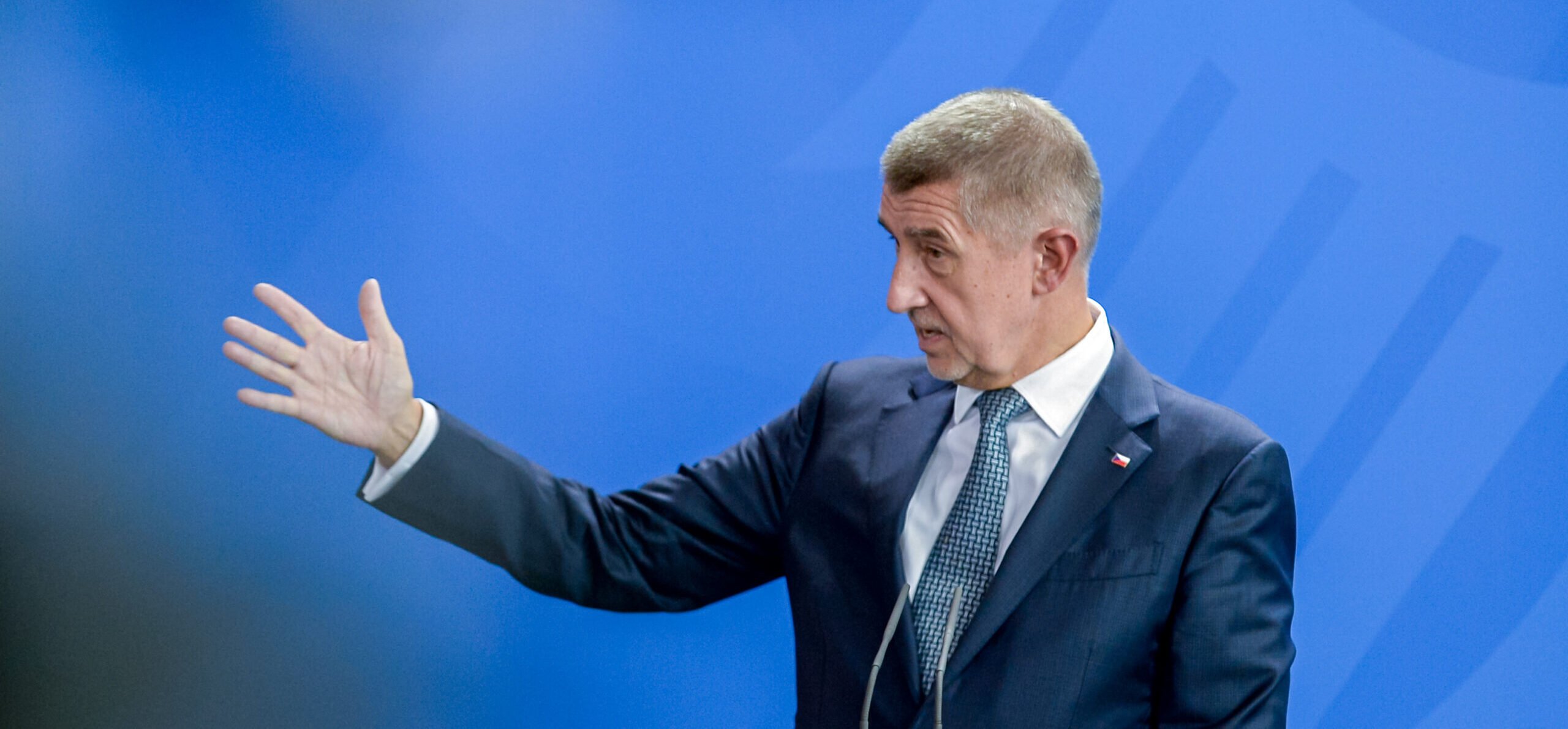
The return to power in the Czech Republic of right-wing populist and oligarch Andrej Babis, who has criticized the provision of aid to Ukraine, poses a risk of shifting Prague’s policy toward Kyiv, said prominent Ukrainian journalist, political analyst, and commentator Vitaliy Portnikov.
Portnikov commented on the outcome of the Czech parliamentary elections that were held on Oct. 3–4, in which Babis’s party, ANO (“Action of Dissatisfied Citizens”), won the most votes with over 34 percent backing.
The Czech Republic has been a strategic partner of Ukraine in its war against Russia and has consistently supported Kyiv in withstanding Russian aggression. The country’s current president, Petr Pavel, defeated Babis in the 2023 presidential election.
Despite Babis’s plurality victory, his party lacks enough seats to form a government independently.
“The former prime minister will need to find coalition partners to return to power — and such partners potentially exist,” Portnikov said.
Among them is the far-right party “Freedom and Direct Democracy,” led by Japanese-Czech politician Tomio Okamura, who has publicly opposed any aid to Ukraine. Another potential partner is the right-conservative movement “Automobilists” (AUTO).
“This means that in his foreign policy agenda, Babis will have to consider Okamura’s views — if he wants to form a long-term coalition with him,” Portnikov said.
In this way, Babis faces a trap similar to that of his Slovak counterpart, Prime Minister Robert Fico, who, in order to return to power and form a stable government, formed a coalition with far-right parties and effectively became hostage to their political agenda, the journalist said.
However, Portnikov said Babis’s pragmatism, the opposition of President Petr Pavel, and the need for a coalition could force him to act more cautiously than Hungarian Prime Minister Viktor Orbán or Slovak Prime Minister Robert Fico.
“In small Czechia, located near the Russian-Ukrainian border, where people still remember Soviet troops on the streets of Prague and other cities, ignoring the current threat from Russia to Europe is no longer possible — especially amid the ongoing war and drone attacks,” Portnikov said.
Cover: Shutterstock
